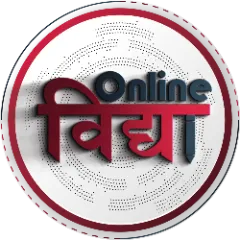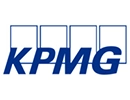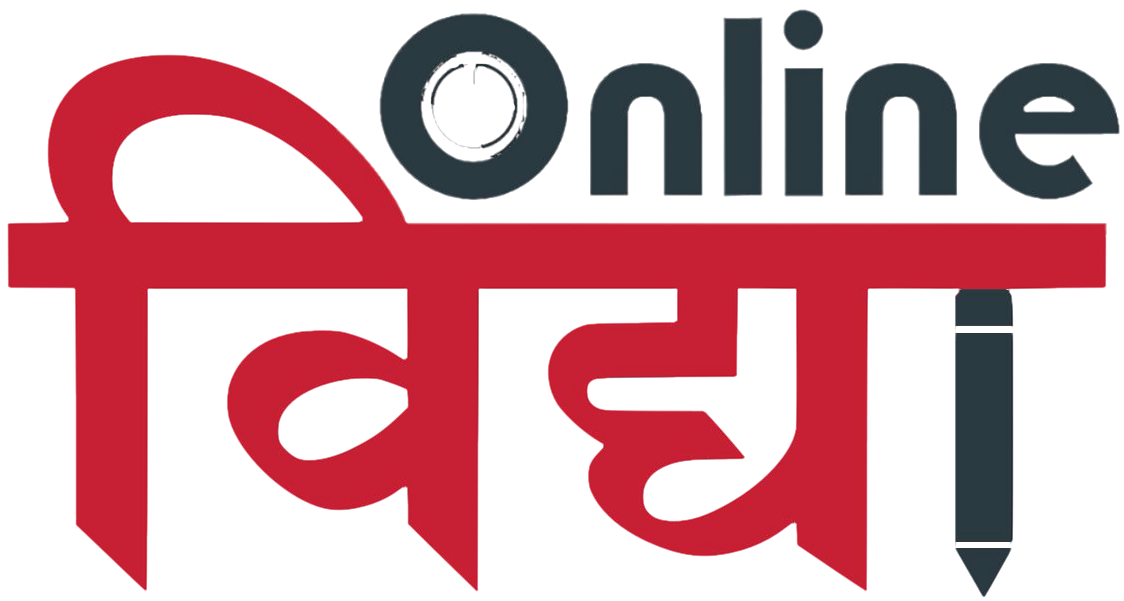Specializations
Courses Available
Courses

Is doing a Direct PhD after an undergraduate worth it? Here’s the truth!
Is doing a Direct PhD after an undergraduate worth it? Here’s the truth!,Jul 09, 2025
Information
Jul 09, 2025
1153 Views
- Share:
Obtaining a PhD is a significant life decision that can shape a career, impact one's finances, and profoundly influence a person for decades. For high-achieving students, the question of whether to enter a PhD program immediately after completing a bachelor's degree is a complex and uncertain issue. Having a master's degree or getting work experience beforehand are options.
Advantages of a Direct PhD after an Undergraduate Degree
Time Savings: Obtaining your PhD and entering academia or the workforce earlier is achievable if you have a master's degree. Students with specific research interests coupled with career aspirations benefit most from this.
Lower Cost: You save money when you can bypass the cost of an additional master's program. PhD students usually receive more stipends compared to students in master's programs.
Early Research Start: Direct-entry PhD programs enable you to get started with research sooner, which leaves you with more time to get published and network academically.
Simplified Academic Track: You can concentrate on networking with classmates and with advisors, and avoid the interruptive process of reapplying for graduate programs in one institution.
Stipend: PhD programs often provide stipends, tuition fees, and access to grants. These programs are more lucrative in a financial sense than master's programs because they do so.
Competitive Advantage: Advanced research experience and networking can help to establish your professional reputation and career path.
Long-Term Career Advantages
Early Career Launch: By finishing your PhD early, you're able to maximize your career length and potential earnings by initiating higher-level research, academic, or industry work earlier.
Increased Lifetime Income: PhD holders tend to earn more, and starting earlier increases your potential lifetime income.
More Opportunities: A PhD opens up higher-level roles in government, business, and academia not available with a bachelor's or master's alone.
Stronger Professional Networks: By engaging in research communities early, you can build valuable connections that can lead to future collaborations and jobs.
Development of Advanced Skills: A PhD program builds communication, project management, critical thinking, and problem-solving skills, all of which are valuable in any career.
The drawbacks and difficulties
Restricted Research Experience: Most students have limited research experience, making the transition to independent doctoral research difficult. You might be required to supplement advanced research techniques and academic writing.
Study Interests Uncertainty: You might struggle to choose a study subject or choose the optimal adviser and lab if you don't have time to explore various areas.
Risk of Burnout: Unless you're prepared, the rigorous shift from undergraduate to graduate work may be stressful and lead to burnout.
Lack of Practical Life Skills: Skipping work experience may deny you the opportunity to develop time management, office communication, and financial autonomy skills that are often learned in life beyond the classroom.
No Master's Degree as a Fallback: You may not receive a master's degree in case you leave the PhD program before its completion, which might restrict your credentials.
Possible Overqualification: In certain careers, a PhD can restrict your job opportunities by making you look overqualified or extremely specialized for specific jobs.
No Professional Skills Before a PhD
- Financial Management, Gaining the skill of budgeting, saving, and managing expenses monthly is one life skill that you might forgo by not working before earning a PhD.
- In learning how to rent, pay bills, and become an adult, you are referred to as an independent adult.
- Professional communication refers to being able to communicate effectively in many situations and understand workplace manners.
- Time and project management in a non-student environment includes balancing multiple assignments and deadlines.
- Picking up work experience will be able to tell you decide what you want to do and whether a PhD is the right path for you.
- Setting up routines and boundaries apart from the student routine is referred to as work-life balance.
Is Continuing a PhD Straight After Undergrad a Good Idea?
Your motivation, readiness, and career goals will decide this. A direct PhD could be a smart and efficient choice if you are clear on your research goals, possess good academic foundations, and are eager for the freedom of independent study. But getting some work experience or an MA can provide priceless preparation and self-assurance for your PhD journey if you are unclear about your subject, have little research experience, or want to develop broader life skills.
While there are glaring advantages to beginning a PhD immediately following college in terms of time, finances, and early professional development, there are compelling detriments as well, especially if you do not have research or life experience. Before making this significant decision, take the time to thoughtfully weigh your academic readiness, professional goals, and individual circumstances. Discuss with mentors, interview current PhD students, and consider long-term goals for your life and career.
FAQs
Can a PhD be done without a master's degree?
Many universities, especially from the US, Canada, and Australia, do provide direct-entry PhD programs for outstanding bachelor's degree recipients.
What are the main advantages of doing a PhD immediately?
Improved funding, a jump-start on your career, sooner research exposure, and money and time savings.
What are the risks of starting a PhD course without previous work or master's degree exposure?
Since a PhD course is so demanding, you can face issues with research skills, career direction, and real-life skills. You also have the problem of homesickness.
Will my career opportunities be affected if I take time off from work before pursuing a PhD?
It does, especially outside of academia, where employers would value such real-world experience. A PhD also, though, offers entry into more specialized jobs and greater income opportunities.

Meet Our Counselling Experts
Get 100% Free Career Counseling




PlacementPartners










Schedule Your 30 min Couselling Session With Today!!
Select a Date of your choice :
You Have Selected Slot on .

